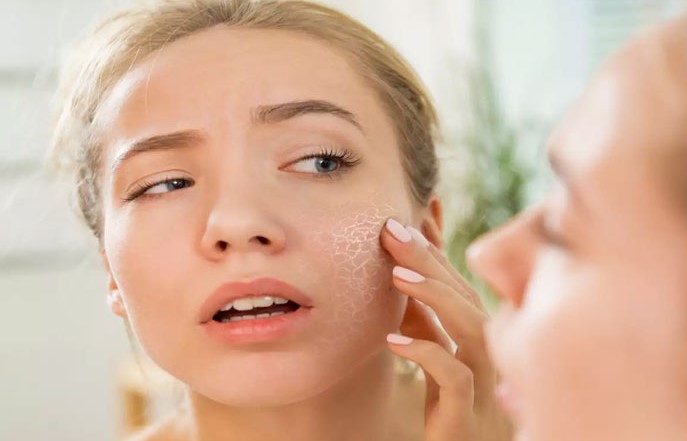Dry Skin Remedies That Actually Work

Dry skin is a common concern affecting people of all ages and skin types, particularly during colder months or in dry climates. Characterized by tightness, flaking, itching, and sometimes cracking, dry skin can cause discomfort and, if left untreated, lead to more serious skin issues. Fortunately, there are numerous dry skin remedies grounded in both modern dermatology and traditional skincare practices that can effectively restore moisture, repair the skin barrier, and improve overall skin health. This article explores practical, scientifically backed remedies to combat dry skin and maintain a healthy, hydrated complexion.
Understanding Dry Skin: Causes and Symptoms
Dry skin, medically known as xerosis, occurs when the skin loses too much water or oil, compromising its natural barrier. This barrier is essential to protecting the skin from environmental irritants and preventing moisture loss. When the barrier is weakened, skin becomes vulnerable to dryness and irritation.
Several factors contribute to dry skin, including:
- Environmental conditions: Cold weather, low humidity, wind exposure, and indoor heating can strip moisture from the skin.
- Harsh skincare products: Soaps and cleansers with strong detergents, alcohol-based toners, and exfoliants can damage the skin’s protective oils.
- Hot showers and baths: Prolonged exposure to hot water removes natural oils.
- Aging: As skin ages, oil production decreases, making dryness more common.
- Medical conditions: Eczema, psoriasis, and hypothyroidism can cause chronic dryness.
Symptoms of dry skin range from mild roughness and flaking to severe cracking and itching, which can lead to discomfort and increased infection risk if the skin barrier is broken.
Effective Dry Skin Remedies: What Works Best
1. Moisturization: The Cornerstone of Dry Skin Care
Moisturizers are fundamental in treating dry skin by replenishing lost hydration and reinforcing the skin’s natural barrier. Choosing the right moisturizer is crucial for effective relief.
- Ingredients to look for: Emollients like ceramides, fatty acids, and cholesterol help restore the lipid barrier. Humectants such as glycerin, hyaluronic acid, and urea attract water into the skin. Occlusives like petrolatum, mineral oil, and dimethicone form a protective layer to lock in moisture.
- Application tips: Apply moisturizers immediately after bathing while the skin is still damp to trap moisture. Use thicker creams or ointments for very dry areas and lighter lotions for mild dryness. Reapply frequently, especially to hands and face.
2. Gentle Cleansing and Bathing Habits
Using harsh soaps and hot water can exacerbate dryness. Opt for gentle, fragrance-free cleansers formulated for dry or sensitive skin. These products cleanse without stripping natural oils. Limiting baths or showers to 5–10 minutes with lukewarm water helps prevent excessive moisture loss.
After bathing, pat the skin dry with a soft towel rather than rubbing vigorously, which can irritate dry skin. Immediately following up with a moisturizer is key to restoring hydration.
3. Protective Measures and Lifestyle Adjustments
Beyond topical care, several lifestyle habits help protect and improve dry skin:
- Humidifiers: Adding moisture to indoor air, especially during winter, prevents the skin from drying out.
- Sun protection: UV radiation can further damage dry skin. Use broad-spectrum sunscreens daily, even in cooler months.
- Hydration: Drinking adequate water supports skin health from within.
- Avoiding irritants: Wear gloves when using cleaning products or washing dishes and avoid rough fabrics like wool directly on the skin.
- Balanced diet: Nutrients like omega-3 fatty acids, vitamin E, and antioxidants support skin barrier function and repair.
Subheading: Natural and Home-Based Dry Skin Remedies
Many people seek natural remedies as complementary treatments for dry skin. While they should not replace medical care when needed, some natural approaches can provide relief:
- Oatmeal baths: Colloidal oatmeal soothes inflammation and helps retain moisture.
- Coconut oil: Rich in fatty acids, it acts as an emollient and has antimicrobial properties.
- Honey: A natural humectant with anti-inflammatory effects that aids healing.
- Aloe vera: Moisturizes and calms irritated skin.
Always patch-test natural products to avoid allergic reactions.